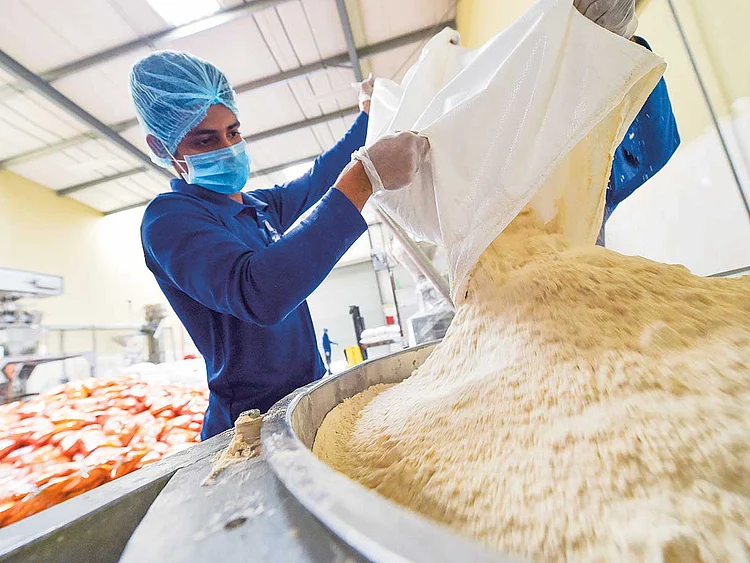Paris: World food prices fell sharply in July, partly thanks to a deal between Ukraine and Russia lifting a sea blockade that had stopped Ukrainian grain shipments, a UN agency said Friday.
Food prices soared to a record high in March after Russia attacked Ukraine, raising fears that the conflict between two of the world's breadbaskets would spark hunger in countries relying on their exports.
While prices remain high, they have now dropped for a fifth straight month, falling by 8.6 per cent in July compared to June, according to the Food and Agriculture Organization's food price index.
The index, which measures the monthly change in international prices of a basket of food commodities, was still 13.1 per cent higher than in July 2021.
The biggest drop was for vegetable oil prices, which fell by 19.2 per cent between June and July to hit a 10-month low.
The cereal price index logged a monthly drop of 11.5 per cent, the FAO said.
The decline for cereals was led by a fall in world wheat prices, "partly in reaction to the agreement reached between Ukraine and the Russian Federation to unblock Ukraine's main Black Sea ports", the UN agency said.
Shipments under last month's UN-brokered deal began this week, with a first vessel carrying corn leaving Ukraine for Lebanon on Monday.
Three more ships loaded with grain set sail on Friday, on their way to Britain, Ireland and Turkey.
"The decline in food commodity prices from very high levels is welcome, especially when seen from a food access viewpoint," FAO chief economist Maximo Torero said in a statement.
"However, many uncertainties remain," he said, pointing to high fertiliser prices, a "bleak global economic outlook" and currency movements.
Sign up for the Daily Briefing
Get the latest news and updates straight to your inbox
Network Links
GN StoreDownload our app
© Al Nisr Publishing LLC 2025. All rights reserved.
